“One of the things you don’t think about when you are young is all the damage you are doing to yourself that will come to roost when you get older,” she says. “For me, I lived in cities and while I was super into fitness, I ate and drank anything and everything. Around 40, my stomach said, ‘No more,’ and so did my metabolism. So now we are slow and natural for everything. If I had known then what I know now!”
The couple follows a Paleo AIP (Autoimmune Protocol) diet, which reduces the sugars that affect them. Erica is also gluten intolerant.
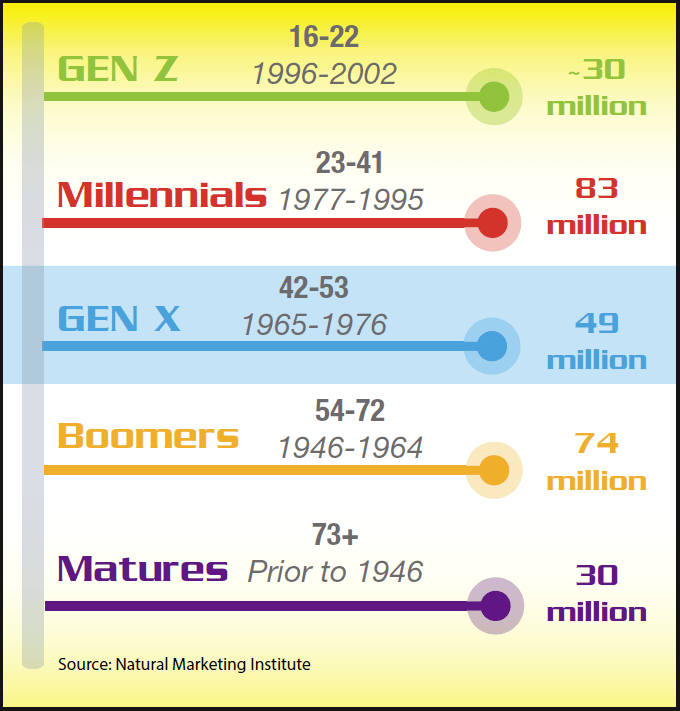
“We eat completely organic and are moving to grass-fed only for meat. We also own a small farm in Oregon where we are growing our own food and next year will raise our own chickens, ducks, goats and sheep,” she says.
Today, Erica drinks a daily green Vital Scoop for its antioxidants and probiotics. She shops at the local health food store and Amazon, her best options. Farming is a great form of exercise, and she also hikes, boxes and lifts weights. As an African-American who owns a small PR firm for high-tech companies, HooperLee thinks retailers are missing an opportunity by failing to consider communities of color when choosing their inventory, not just types of food, but also mirroring their cultures and lifestyles.
“There is a huge movement in the African American community around farming, going vegan, outdoor fitness and in general finding ways to represent our culture in healthier ways. It is very nice to see,” she says.
While her husband Charles falls into the millennial generation, Erica’s epiphany is not unlike that of her Generation X cohort, which takes a more active role in its health and well-being. In one survey, 55% said they were always trying to eat healthy food and maintain a balanced diet.

Not much is written about GenX, the so-called “baby bust” that followed the boomers and preceded the attention-grabbing millennials. They were sometimes called “slackers” for not embracing the work ethic of the boomers. But when it comes to health and wellness, this generation is not falling down. They believe good health is the #1 element for a good life and 50% participate in preventive healthcare.
Time is a precious resource, making convenience an important factor. A survey by CrowdTwist found GenXers respond to loyalty programs, engage with brands on Facebook – 81% have Facebook accounts — and are driven by product and value. This may be the last generation that straddles the divide between traditional media such as television and digital and social media.
Many, such as Millie Gracia-Salvetti, 48, who learned about natural products after a medical crisis, juggle childcare and careers. Gracia-Salvetti is a grandmother who works as an administrator and counselor at a soup kitchen in Hoboken, NJ. Her youngest daughter is still home.
Two years ago, Gracia-Salvetti was diagnosed with mixed connective tissue disease, an autoimmune condition she describes as “pain all day long.” Last year, a diagnosis of arthritis was added to her plate.
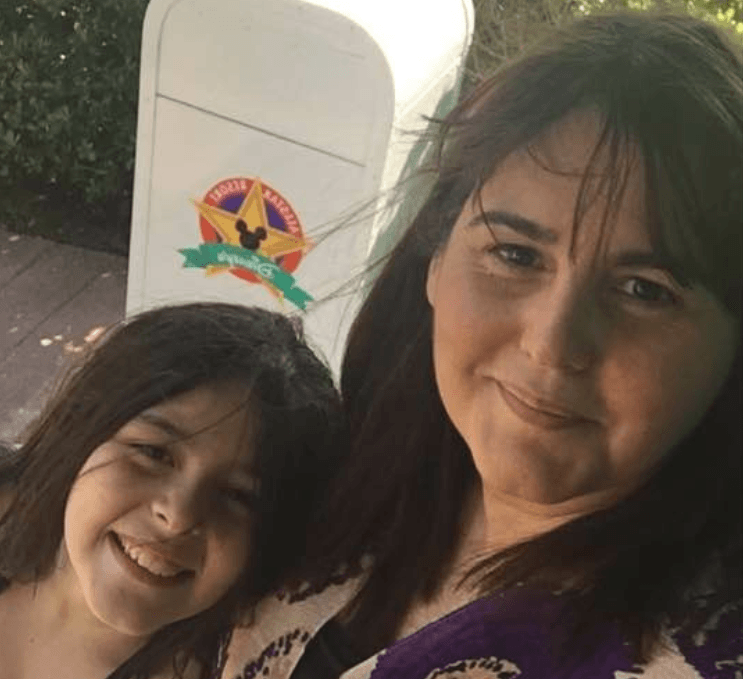
The medical community failed to recognize her condition for 4.5 years. Because she was still symptomatic after losing weight with the help of a lapband procedure, doctors conducted more advanced blood work. That’s when she discovered her ANA (Antinuclear Antibodies) levels were off.
The lupus medications, arthritis injection and prescribed inflammatory meant a daily regimen of up to 10 pills. Since most were Tier 3 on her medical plan, they cost more than she could afford. She’s now down to four pills daily and is following The Wahls Protocol by Terry Wahls — a diet with Paleo principles. She has yet to eliminate meat but hopes one day to cut way down. She started walking again for exercise, and discovered yoga.
“I realized that eating healthy and taking supplements can be expensive, but I believe in the long run I will be better off than with so much medicine,” she says. “I’m hitting the farmers’ markets more often, organic stores and juicing.”
Gracia-Salvetti remains positive and counts her blessings. Her young daughter was diagnosed with Hashimoto’s disease last year, giving added incentive to keep things healthy at home. This doesn’t stop the family from enjoying “mini-vacations” to watch their daughter and her award-winning cheering squad compete successfully across the country.

In demographic research from NEXT, presented at the United Natural Products Association member retreat in May, 58% of Gen X said buying can be a moral decision compared to just 40% of boomers. That momentum carries into business practices as 48% say they’ll pay more for socially responsible practices and 47% for environmentally responsible practices. Gen X is in line to earn a generational windfall and double their share of national wealth by 2030 through inheritance. They already generate 31% of total U.S. income and are also the only working generation to remember marketing before technology. They’re also the first who are likely to spend a full working day behind computer screens, with a subsequent effect on the eyes.
Time behind screens and the use of digital devices increases the risks of macular degeneration, notes Brian Appell, marketing manager at Omniactive Health Technologies, Morristown, NJ.

“What we’ve been focusing on is telling the story of how these macular carotenoids are important for them now — not 20 years from now — to prevent the condition of age-related macular degeneration. We find that’s resonating. People who use digital devices often suffer from a constellation of symptoms often called computer-vision syndrome — eye fatigue, eyestrain, headache, blurry vision … “
“The research we’ve done is really to look at not only the aspects of prevention, but the benefits. Macular carotenoids help you to see better. It’s reducing significantly the effect of digital device use on the eye, which means you can work for longer hours and be less uncomfortable. You’re able to see better at night and tolerate bright light,” Appell explains.
“Our position has always been that early consistent intake of the macular carotenoids is important. And Gen Xers are sitting right in that middle zone. They’re just starting to look at readers (glasses),” he says, noting that the 40s are the decade when changes in eye function seem to become noticeable. “It’s a great message to start telling that consumer demo because they’re more receptive and aware and understand they don’t want to end up with a more serious condition.”
Appell, who falls into Gen X, takes a daily multivitamin, fish oil, macular carotenoid formula, 20mg of Lutemax 20/20, a curcurmin, alphalypoic acid, vitamin c, probiotic formula, coQ10 and a few others he can’t recall offhand.
As for screen time, he says his awareness doesn’t mean he can avoid it. “I know that’s really hard to do,” he says. “My profession really warrants me to be in front of the computer. If anything, I’m more cognizant than I was before.”
The emerging category of nootropics is popular with Gen Xers who are seeking better cognitive performance or trying to maintain what they have. Unlike boomers who may be coming to the party late, Gen X is at an age with time to reverse the effects of any bad habits.
“I think what marketers need is to understand this life stage,” says Rosemary Ostmann, 46, who owns a NJ-based marketing/PR firm.
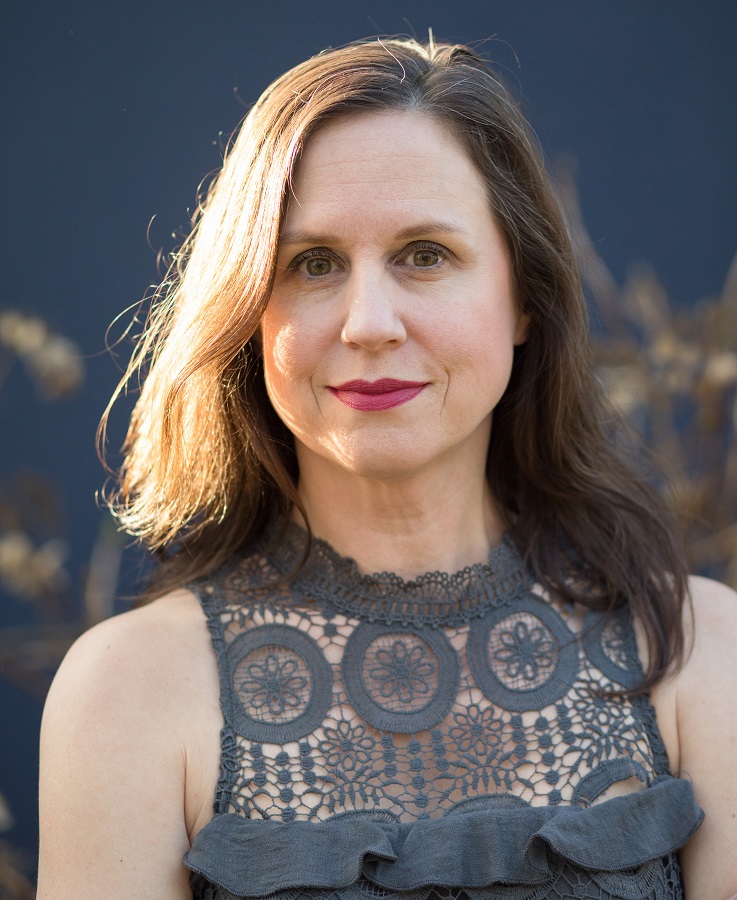
“We are juggling young kids, maturing careers and aging parents,” she says. “We’re seeking balance. The people I know are definitely trying to make healthy decisions and exploring alternative approaches. But so much of that is done through the lens of being a parent.
“I also see a good bit of activism among my peers when it comes to health issues — people want to use their influence to spread ideas they think are important,” Ostmann adds. “Much of what’s in my social feed is images, infographics, polls, recipes, articles/videos tied back to natural living. Brands can participate in that conversation if they approach with substance.
“We are embracing new tech, but we’re also trying to set a good example for our digital native children. Unlike Gen Y (millennials), we’re probably as likely to trust traditional media as we are word of mouth,” she says. “We’re more likely to be on Facebook, Instagram and text than we are on Snapchat. We still send emails and talk on the phone occasionally.
“We’re not close to retirement,” she adds,” but we’re feeling the pressure of entering a new decade and what that means for how we’re perceived in the workplace.”
Ostmann takes no supplements on a regular basis because she’s not identified a reason to (such as pregnancy) and tries to maintain a healthy lifestyle by eating as little processed food as possible. Her vices are coffee and wine. She has a sweet tooth that she satisfies with a couple of pieces of dark chocolate or a single scoop of ice cream.
“I also spend a lot of time trying to set an example for my kids and working with them to make healthy choices,” Ostmann says. “But the reality is I have two active kids and run a business, so we sometimes have to make decisions that are more about convenience than anything else.”
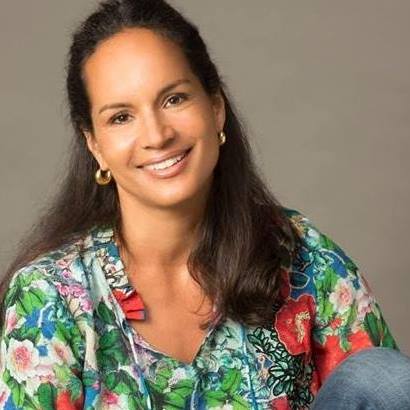
When she lived in that town, she patronized the family-owned Organic Basic Food in Hoboken and was a regular there for organic food and supplements for the entire family. “When my kids were young, they would allow us to use the bathroom and someone was always there to open the door for me with my stroller,” she recalls.”Now I live in Maplewood, (a suburb) and I tend to have most of my groceries delivered through Fresh Direct.”
Whole Foods Market is another staple in her routine but her favorite is the Summit Farmers Market because you can meet the purveyors and learn about where the food comes from. Los Angeles-based empty-nester Nina Lorez Collins, 48, has built a thriving community that meets on Facebook and in the real world, too. Her brand What Would Virginia Woolf Do? (WWVWD) stemmed from a common issue of interest to women in the demographic of Gen X — menopause and peri-menopause. Coconut oil is an ingredient that factors largely in the conversations.
A mother of four — the last went off to college this year — Collins finds both sugar and alcohol to be basically debilitating since the onset of menopause. She led a sober January challenge this year, but is not ready to quit drinking entirely.
Collins takes vitamin D, magnesium and biotin, when she remembers, maybe three times per week. She does some weight training with a trainer, Soul cycle, and yoga, at least some of these twice weekly. She tries, in theory, to limit dairy, gluten, alcohol and sugar.
Participating in such groups to tap authentic motivations is an ideal way to get insights for messaging and product development. Twenty years ago, the earliest founders of iVillage built the model and Amy Ryberg Doyle was one of them in the heart of the first Silicon Alley in Manhattan.
Now 48 and an elected city councilperson in Greenville, SC, Doyle remains a city enthusiast. She has advocated for public parks, bike trails, small businesses, public transportation and infrastructure. She believes in sustainable communities and is passionate about building healthy neighborhoods. Doyle volunteers delivering meals for Meals on Wheels and building houses for Habitat for Humanity.
Back then in her 20s, Doyle says, she thought it was important to stay thin; now she feels it’s important to be fit. She comes from a family of runners and has always run to stay fit. She ran her first race with her grandparents and parents when she was 12.
Inside Heather Wainer- Generation X
As a woman who literally grew up in the natural products industry, GenXer Heather Wainer, publisher of WholeFoods Magazine, has a unique vantage point and knowledge of natural products and supplements. She is a devotee of personalized testing and is happy to have avoided many of the health issues of generations that preceded her.We cajoled Heather, who’s like the Energizer Bunny on a show floor, into sharing her daily routine:
She starts her day with a cup of tea, usually green because she needs some caffeine.
Supplements:
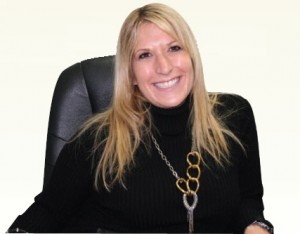 • Coq10 ubiquinol
• Vitamin C 1000 mg
• Immune Support
• Fish oil
• Probiotic
• Astaxanthin
• Vitamin D 5000 mg
• Collagen
• Curcumin
• Multivitamin
• Pycnogenol
• Mild daily detox to keep regular
• Coq10 ubiquinol
• Vitamin C 1000 mg
• Immune Support
• Fish oil
• Probiotic
• Astaxanthin
• Vitamin D 5000 mg
• Collagen
• Curcumin
• Multivitamin
• Pycnogenol
• Mild daily detox to keep regularWhen her allergies are acting up, she takes quercintin. She does vary her routine when she learns about other products and sometimes takes a B-complex.
On the food front, Heather tries to eat a healthy diet but still indulges her love of wine and dark chocolate, cheese and strawberries.
For breakfast, it’s Greek yogurt with blueberries or oatmeal. She loves Overnight Oats and a new love is avocado toast. On weekends, she’ll eat a bigger breakfast with eggs.
Lunch is a salad she makes herself – usually with turkey, veggies and feta cheese. Dinner depends. “I work out after work so get home late and keep it light – hummus with veggies and maybe some chicken.” Weekends she’ll go out and eat lots of fish. She loves sushi.
She works out usually three or four times a week, and loves when she can do five. “I am a class person and love cycling/spin classes, barre, yoga and boxing. I’m just getting into TRX (Total Resistance Exercise) for strength training.”
For personal care she uses a lot of anti-aging scrubs, hyaluronic acid and peptides.
Her dazzling ever-present smile is cared for with whitening and xylitol.
And, finally …
“I have been using CBD more and do get regular massages and facials when I can.” After her fourth baby at age 42, Doyle tried to get back in shape and her first run was a winded quarter-mile. She was determined and came up with a plan. A year later, she ran a 3:10 Chicago marathon.
The only diet Doyle has consistently followed is a habit of small portions. She never ever overeats. She doesn’t make her children finish their plates. She is an advocate of local food and supporting local farmers. She tries to buy organic and from local farmers as much as possible. Even in a grocery store she buys local apples and peaches.

Doyle is also a “huge” advocate of good rest. She schedules in her phone a 20-minute power nap at least five times per week. She sets a glass of ice water next to her bed and drinks the whole glass as soon as she wakes up.
For the last 10 years as a carpool mom, Doyle has power napped in the carpool line. She doesn’t “do” any powders or vitamins. She would rather sauté spinach in garlic butter. Doyle drinks KETO coffee first thing in the morning (coffee with butter and coconut oil). Recently, she cut all refined sugar out and finds herself sleeping better.
Freelance travel and science writer Jenna Schnuer created and hosts the Life (After Cancer) podcast in her adopted home of Anchorage, AK.
Schnuer was diagnosed with breast cancer in 2014. Her only supplement is a multi-vitamin, which she’s more consistently taking since the cancer.
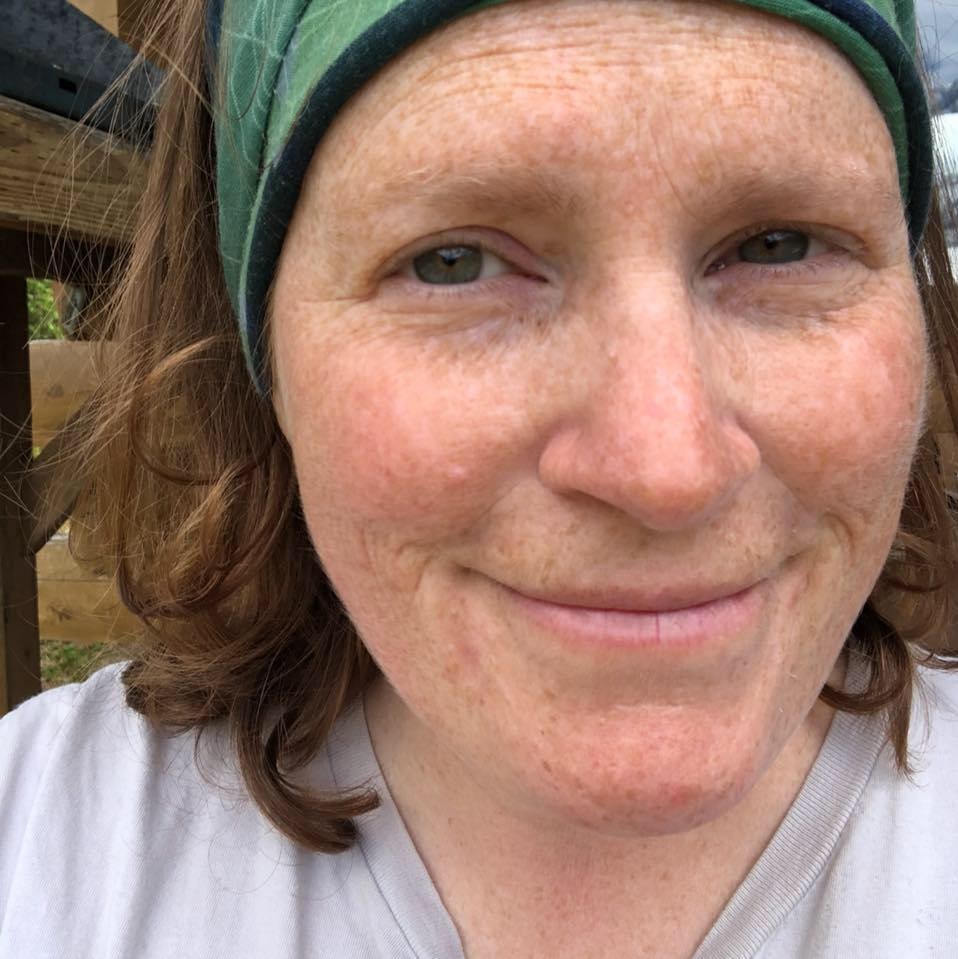
“My eating rules are, for the most part, to eat whole foods and eat fried goodies and other not-so-good-for-me things in moderation.”
An avid outdoorsperson, she walks a few miles a day with her dog and spends as much time outdoors as possible.
“This summer I’m determined to get back into biking. I also love to kayak — I think it does for me what yoga does for other people. There’s no place I’m calmer and more content — other than when on the water watching wildlife.” WF
(Next month: Millennials)
Sponsored by:













